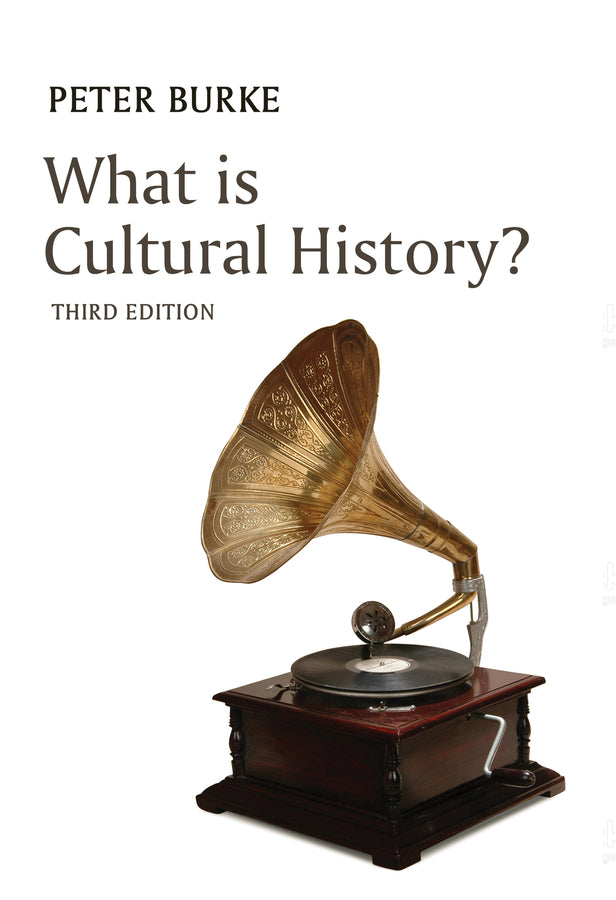Description
Discover the intricate tapestry of the human experience with 'What is Cultural History?', a groundbreaking guide that delves into the realms of cultural history and its evolution. Authored by the renowned historian Peter Burke, this comprehensive third edition provides a clear and accessible overview of cultural history as a discipline, making it an essential resource for students and scholars alike. Explore the foundational theories proposed by historical figures like Jacob Burckhardt and Johan Huizinga, and understand how their work sparked a rich dialogue, influencing the trajectory of cultural studies today.
This updated edition reflects the current trends in cultural history, including the dynamic engagements with feminism, postcolonial studies, and their impact on historical narratives. Burke meticulously charts the rise of the 'New Cultural History', spotlighting its significance in the 21st century and beyond. The book is a pivotal text for anyone interested in understanding cultural history’s past, present, and future. With 216 pages of insightful analysis and critical perspectives, it serves as an invaluable companion for students of history, anthropology, cultural studies, and literary studies. Enhance your knowledge and discover the transformative power of culture in shaping societies throughout time with this essential academic resource.
This updated edition reflects the current trends in cultural history, including the dynamic engagements with feminism, postcolonial studies, and their impact on historical narratives. Burke meticulously charts the rise of the 'New Cultural History', spotlighting its significance in the 21st century and beyond. The book is a pivotal text for anyone interested in understanding cultural history’s past, present, and future. With 216 pages of insightful analysis and critical perspectives, it serves as an invaluable companion for students of history, anthropology, cultural studies, and literary studies. Enhance your knowledge and discover the transformative power of culture in shaping societies throughout time with this essential academic resource.

